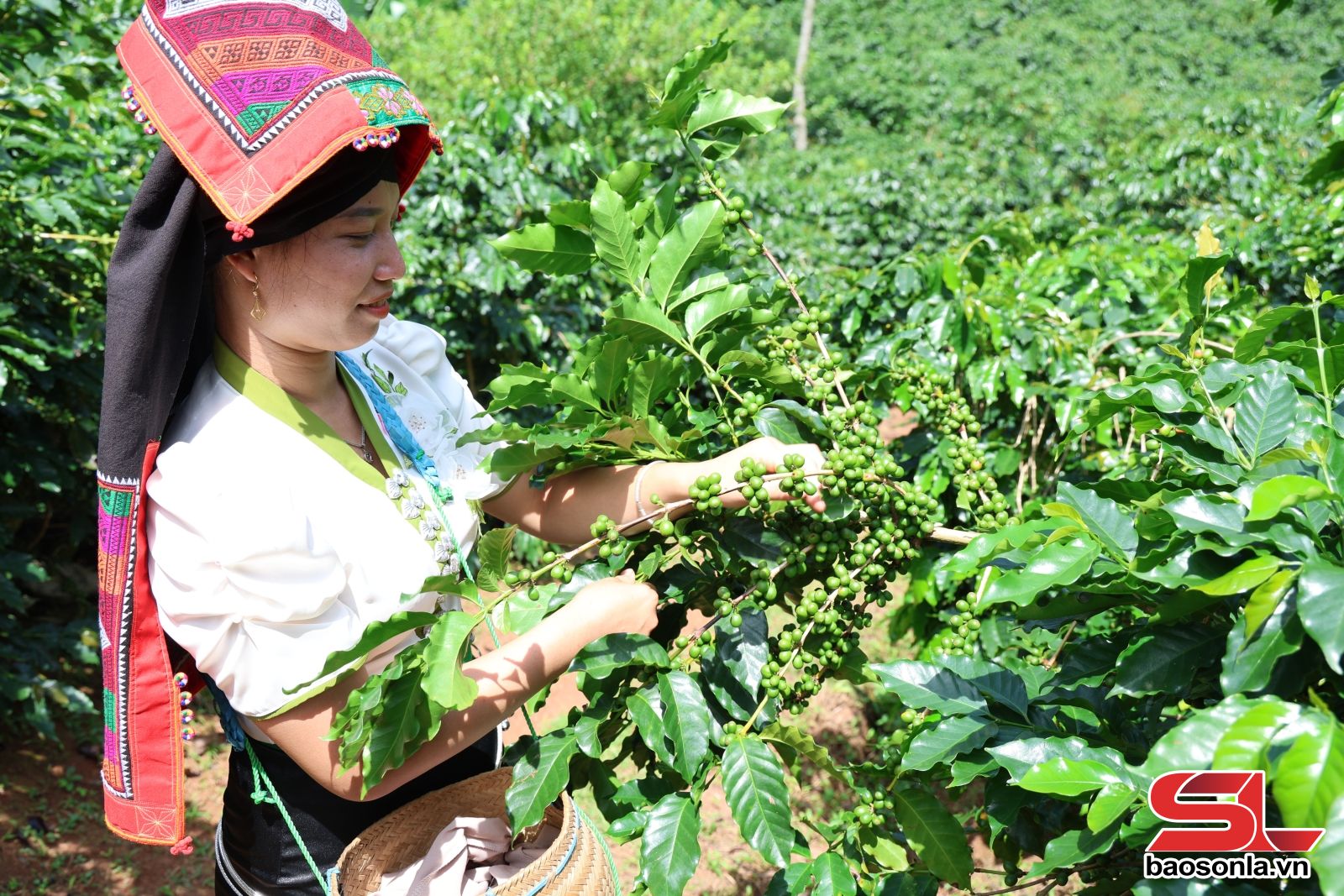
With fertile soil, mild climate and suitable altitude typical of Na San plateau, Chieng Mai is an ideal land for coffee trees. Taking root here since the 1990s, coffee trees are grown by people on fields and in their home gardens, mainly Arabica (tea coffee) with strong roots that penetrate deep into the ground, still growing well for many years because they are sown from seeds and have the characteristic of being drought-resistant. After more than 30 years of ups and downs, coffee trees still persist, now becoming the main industrial crop of the province, helping thousands of households to become rich.
Phieng Quai Agricultural Cooperative, Phieng Quai Tong Chinh village, Chieng Mai commune has 32 hectares of coffee owned by Thai households located in the core coffee area of Chieng Ban commune in the past. In the last harvest, the cooperative harvested 600 tons of fruit, selling for over 10 billion VND. Excited about the results of a bumper crop, with good harvest and good price, Director of the Cooperative Lo Van Nghia waved his hand to the hill and told us: This is the rainy season, so the coffee trees are very green. Having been attached to coffee trees for many years, most members of the cooperative know the fertilization process by heart. Coffee bears fruit right when it rains a lot, households regularly visit the garden, apply measures to pluck young shoots, break small branches to help the trees be airy, absorb light and grow fruit better.
Chieng Mai Commune was established on the basis of merging 5 communes: Chieng Ve, Chieng Ban, Chieng Dong, Chieng Kheo and old Chieng Mai, so it has the largest coffee area in the province with over 3,600 hectares of coffee. This is the first thing that Mr. Nguyen Hai Son, Chairman of the People's Committee of Chieng Mai Commune, bragged to us about the potential and advantages of the coffee area.
However, the Chairman of the Commune People's Committee also worriedly said: The whole commune currently has about 20% of the coffee area that is nearly 20 years old, with decreasing productivity that needs to be improved. The sustainable development of this key crop has been agreed upon and included in the commune's economic development program, which is to promote replanting, provide technical guidance on pruning, care, and harvesting according to standards to build a specialized area for high-quality coffee. Along with that, it is necessary to find outputs, link with businesses to support fertilizers, pesticides, pest and disease management and nutrition, form a production chain, and improve the quality and value of coffee.
This year's coffee crop, Mr. Ha Van Tuong's family, Lo Um village, Chieng Mai commune, as well as many households in the village, continue to cooperate with Phuc Sinh Son La Joint Stock Company in production and consumption of products. Mr. Tuong said: With 2 hectares of coffee, previously mainly grown naturally, the yield was not high, and the harvest was not done properly, so the price was not as expected. With the advice and guidance of the commune's professional staff and Phuc Sinh Son La Joint Stock Company, the renovation and pruning of the trees to make them grow strong buds and the installation of an automatic irrigation system, fertilizer support, and high-quality THA1 varieties for planting, in the past 3 years, the family's coffee yield has increased by 25-30%. Fertilizing and watering are all based on intuition and intuition, but when participating in sustainable production according to UTZ standards, my family and other coffee growing households have known how to quantify and record the dosage of fertilizer, pesticides, and irrigation water to avoid waste. In addition, coffee husks are also used to compost microorganisms to make organic fertilizer, helping to significantly reduce costs, improve soil, and protect the environment. Thanks to that, the plants grow well, limit pests and diseases, produce uniform fruit, and ensure standards for processing.
Not letting down the growers, in recent years, coffee trees in Chiang Mai have brought about stable economic efficiency of 150 - 300 million VND, some households earn from 800 million to 1 billion VND/year, gradually helping families become well-off households in the village and commune. This year, although the drought at the beginning of the season affected the yield, the quality of the fruit is still guaranteed, estimated at 20-22 tons/ha and is expected to be harvested from the end of September. The coffee trees are growing well, promising a successful crop. With the dedication and diligence in planting and caring, hopefully this year Chiang Mai coffee will continue to have a good harvest, good prices, bring high income and affirm itself as the province's main cash crop.
Source: https://baosonla.vn/kinh-te/ngut-ngan-mau-xanh-ca-phe-DWRPkNXNR.html



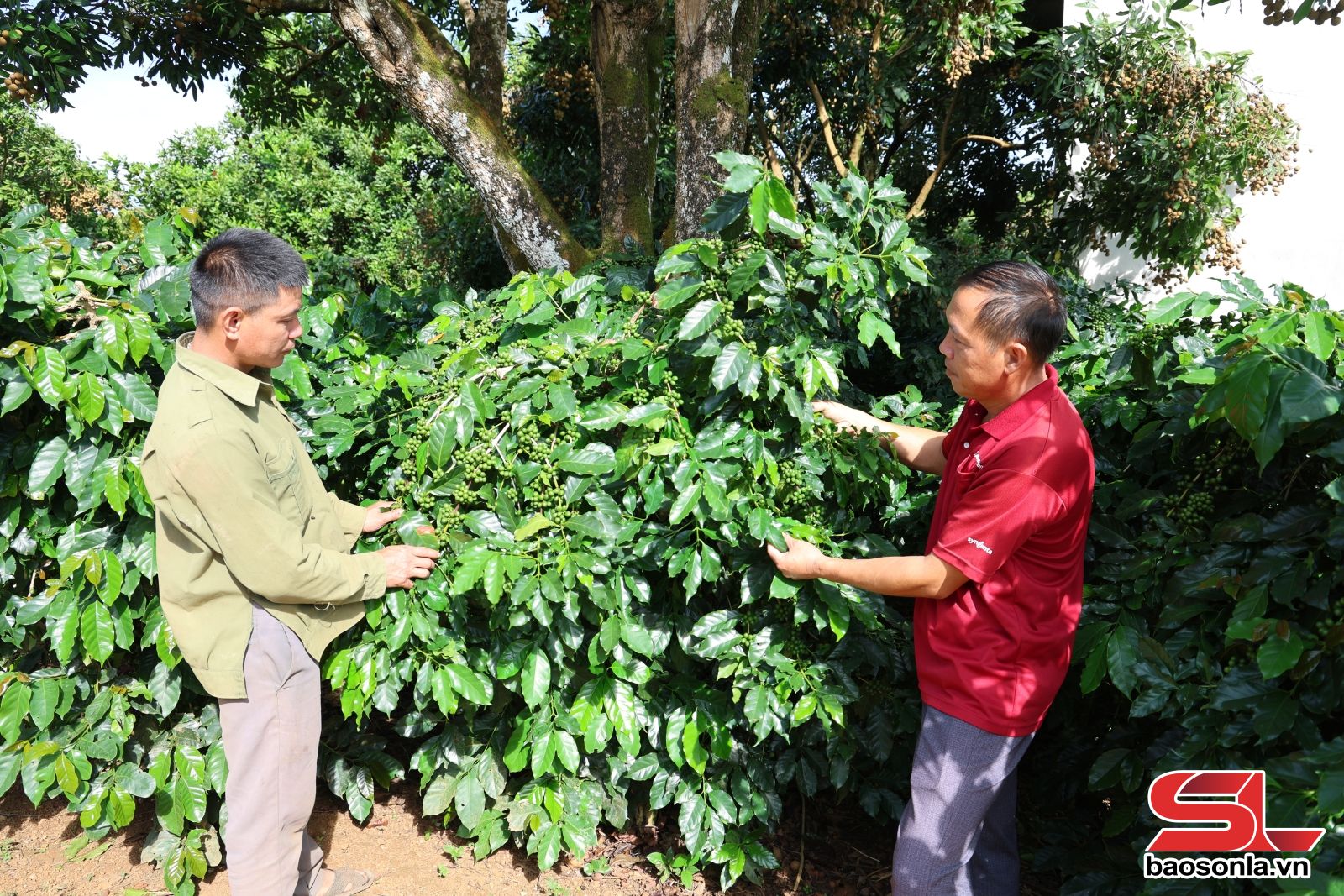
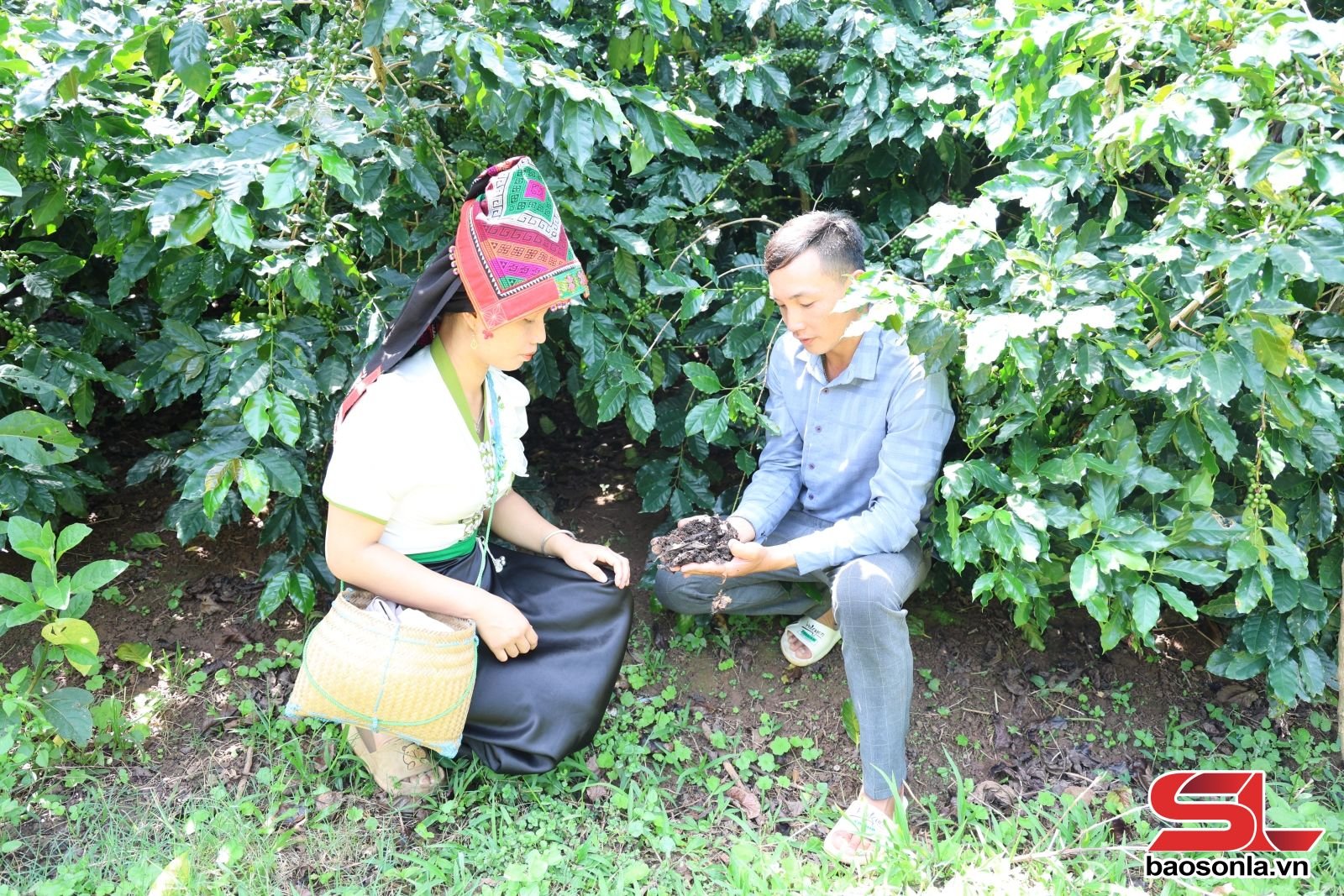




![[Photo] General Secretary To Lam attends the 80th Anniversary of the Cultural Sector's Traditional Day](https://vphoto.vietnam.vn/thumb/1200x675/vietnam/resource/IMAGE/2025/8/23/7a88e6b58502490aa153adf8f0eec2b2)




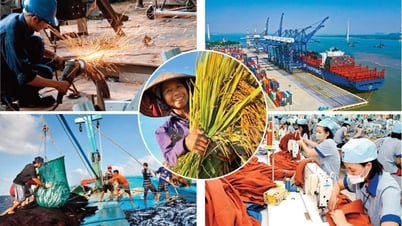

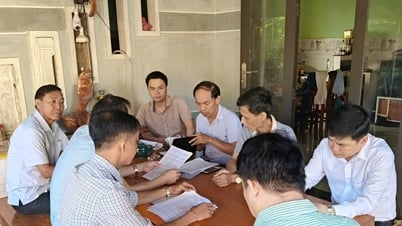

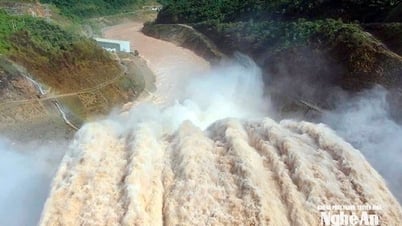





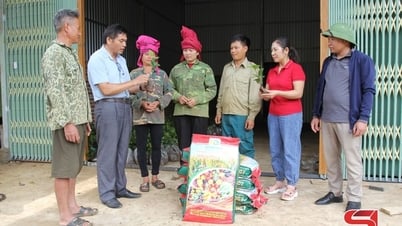
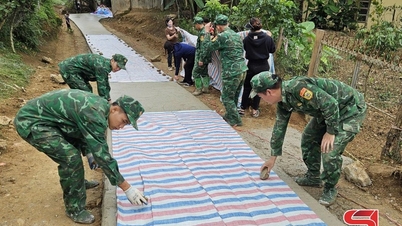
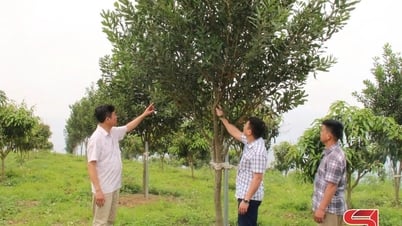
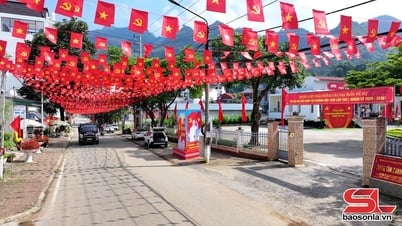
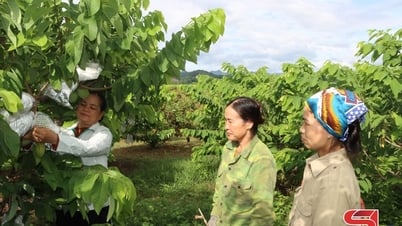
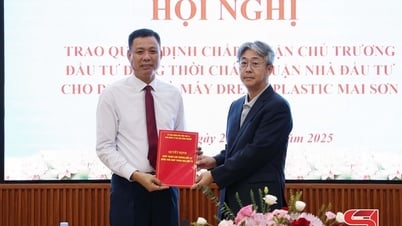













































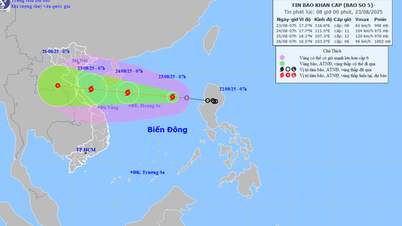

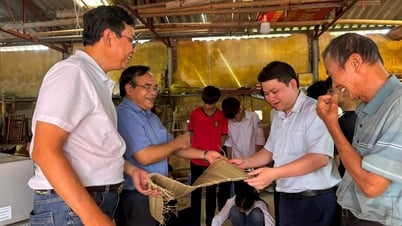


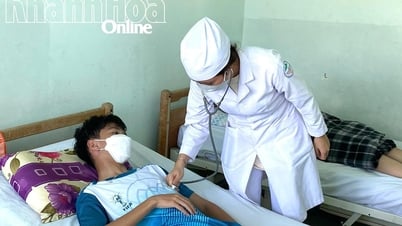

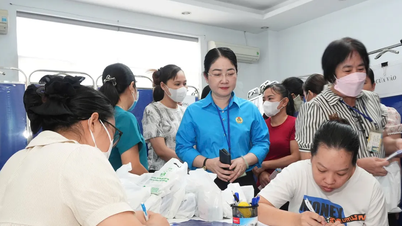
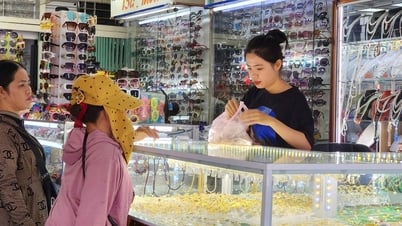








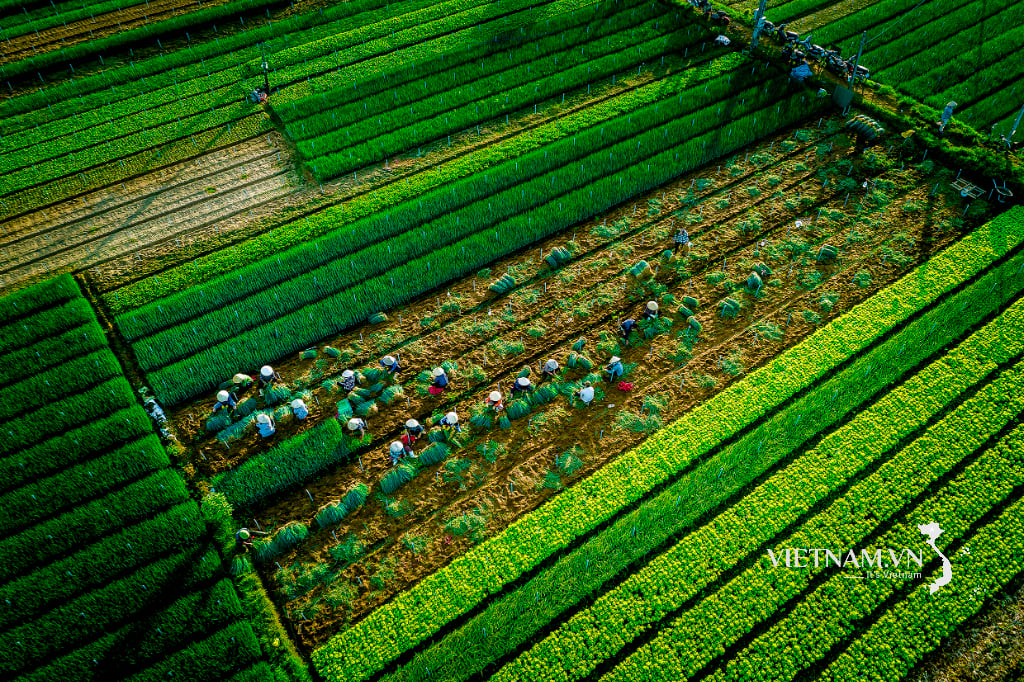

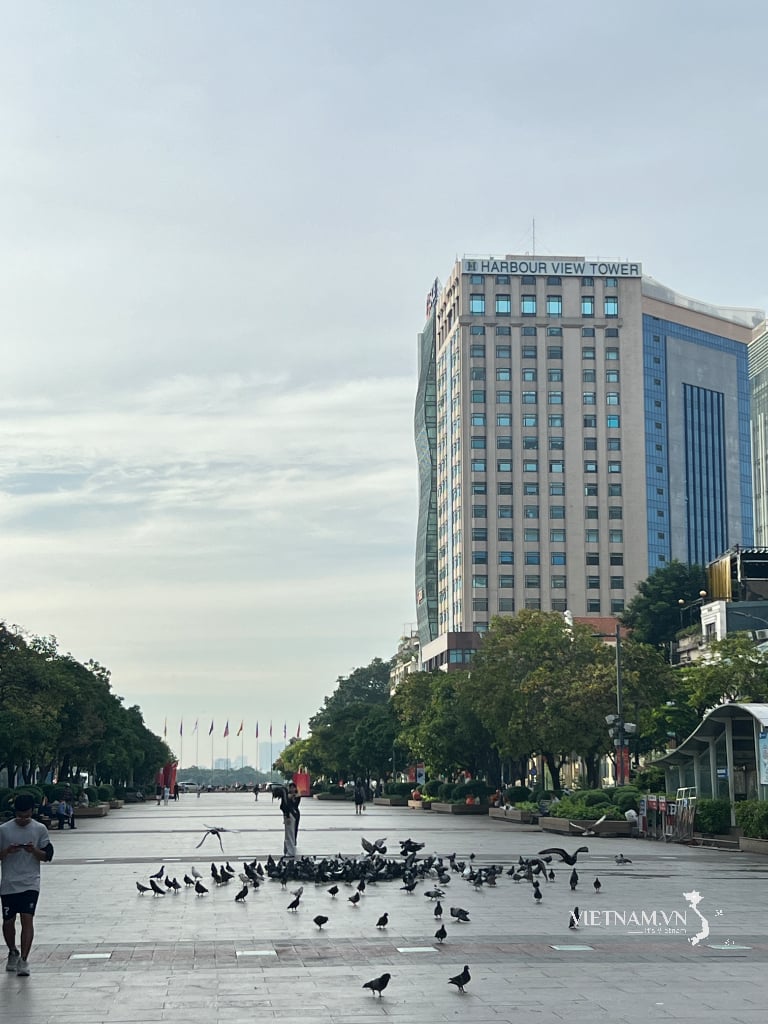

Comment (0)